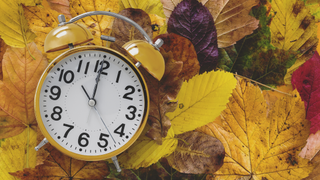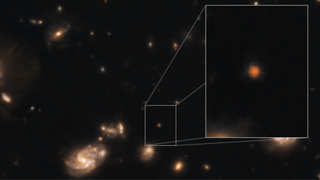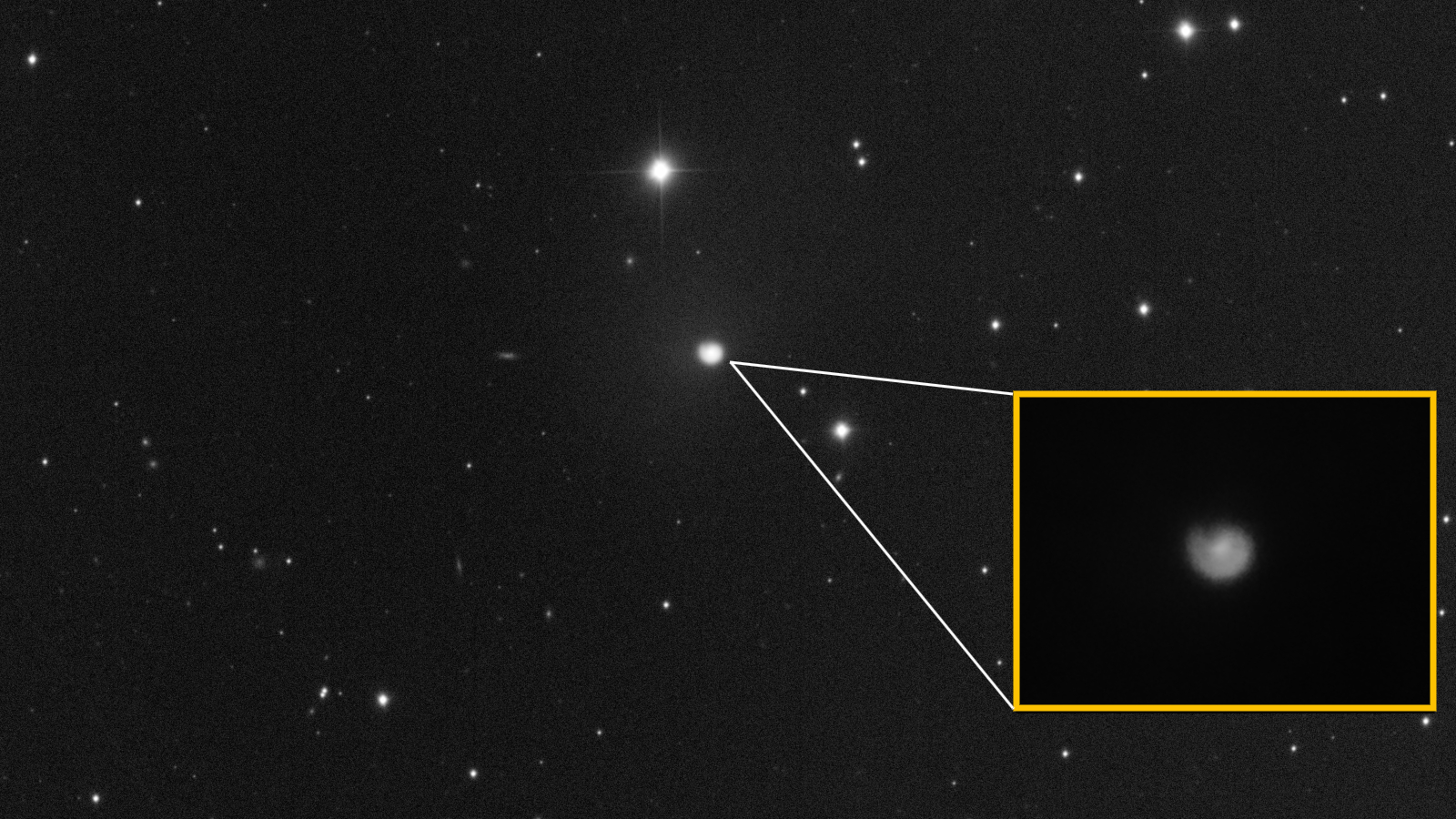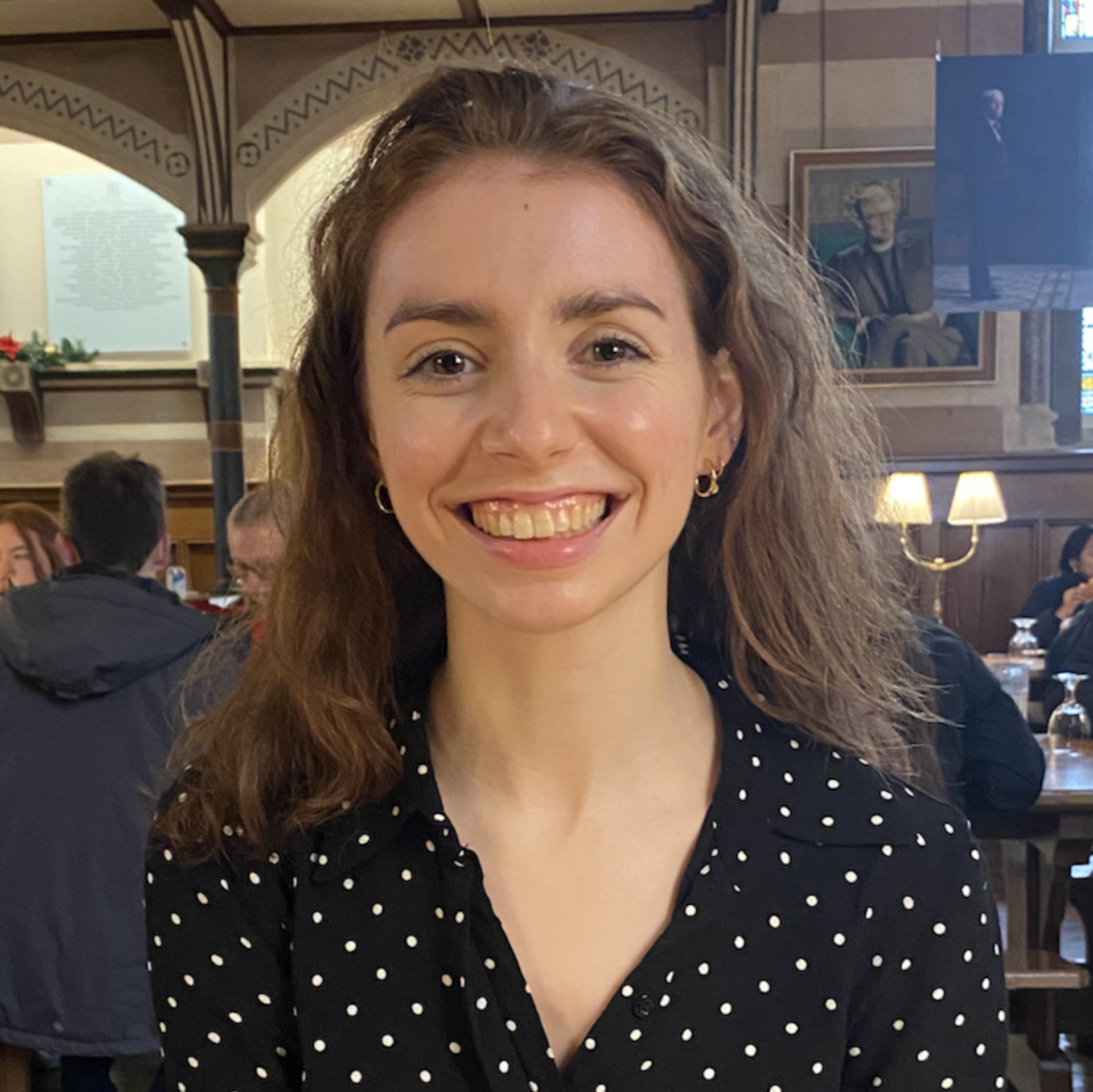
Sophie Berdugo
Sophie is a U.K.-based staff writer at Live Science. She covers a wide range of topics, having previously reported on research spanning from bonobo communication to the first water in the universe. Her work has also appeared in outlets including New Scientist, The Observer and BBC Wildlife, and she was shortlisted for the Association of British Science Writers' 2025 "Newcomer of the Year" award for her freelance work at New Scientist. Before becoming a science journalist, she completed a doctorate in evolutionary anthropology from the University of Oxford, where she spent four years looking at why some chimps are better at using tools than others.
Latest articles by Sophie Berdugo
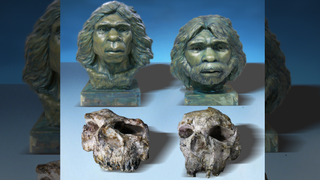
'Absolute surprise': Homo erectus skulls found in China are almost 1.8 million years old — the oldest evidence of the ancient human relatives in East Asia
By Sophie Berdugo published
A new date for Homo erectus skulls found in central China provides new insight into how and when ancient human relatives reached eastern Asia.
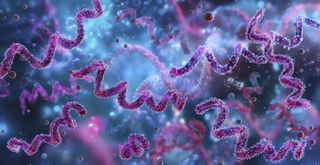
Diagnostic dilemma: 83-year-old man's unusual form of syphilis had an 'uncertain' source
By Sophie Berdugo published
A man went to the emergency room after being in and out of hospitals for a month, and doctors found a surprising explanation for his illness.
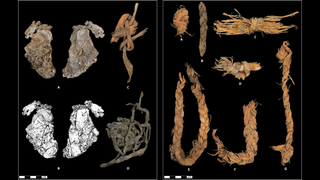
World's oldest known sewn clothing may be stitched pieces of ice age hide unearthed in Oregon cave
By Sophie Berdugo published
The sewn hide, cordage and needles show how Indigenous Americans used complex technology to survive the freezing temperatures at the end of the last ice age and as a means of social expression.

Teenager contracts rare 'welder's anthrax,' marking the ninth known case ever reported
By Sophie Berdugo published
A teenager training to be a welder contracted a rare and dangerous lung infection, prompting a combined state and federal investigation.

Kanzi the bonobo could play pretend — a trait thought unique to humans
By Sophie Berdugo published
Past anecdotal observations have hinted that great apes play pretend. But now, experimental research shows that our closest living relatives can keep track of imaginary objects.
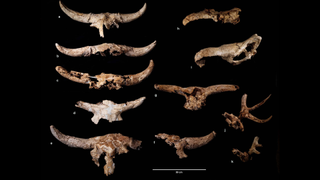
More than 43,000 years ago, Neanderthals spent centuries collecting animal skulls in a cave; but archaeologists aren't sure why
By Sophie Berdugo published
Neanderthals repeatedly returned to the cave to store horned animal skulls, revealing this cultural tradition was transmitted over time.
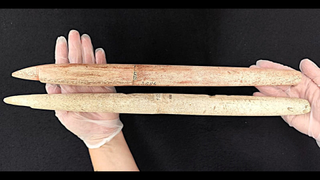
Some of the oldest harpoons ever found reveal Indigenous people in Brazil were hunting whales 5,000 years ago
By Sophie Berdugo published
The origins of whaling are highly debated. Now, some of the earliest signs of active whale hunting have appeared somewhere unexpected: southern Brazil.
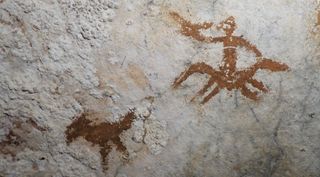
World's oldest known rock art predates modern humans' entrance into Europe — and it was found in an Indonesian cave
By Sophie Berdugo published
The hand stencil is more than 1,000 years older than the previous earliest evidence of rock art.
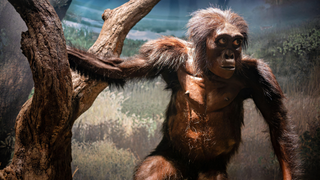
Human origins quiz: How well do you know the story of humanity?
By Sophie Berdugo published
Think you know about our human relatives? Take our quiz to find out — and remember, it's human to make mistakes.
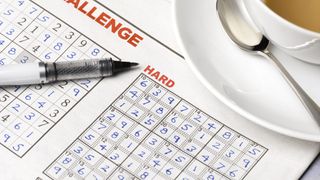
A man's sudden seizures were set off by sudoku
By Sophie Berdugo published
In the weeks following a ski accident, a German man experienced seizures when he completed sudoku puzzles.
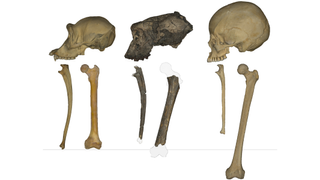
Tiny bump on 7 million-year-old fossil suggests ancient ape walked upright — and might even be a human ancestor
By Sophie Berdugo published
The way Sahelanthropus tchadensis moved has long been debated. The discovery of a small bump on the front of the thigh bone is "beyond convincing" evidence this ape was bipedal.
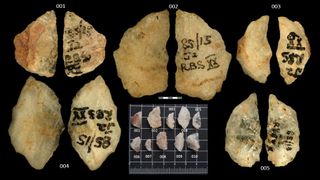
60,000-year-old poison arrows from South Africa are the oldest poison weapons ever discovered
By Sophie Berdugo published
Five quartz arrowheads found in a South African cave were laced with a slow-acting tumbleweed poison that would have tired prey during long hunts.

A rare condition caused a man to get 'scales' on his hands whenever he washed them
By Sophie Berdugo published
A man's rare condition caused "excessive wrinkling" in his hands which spread to his wrists and elbows.
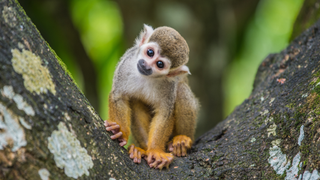
Primates Quiz: Go ape and test your knowledge on our closest relatives
By Sophie Berdugo published
Time to stop monkeying around — just don't go bananas if you get the wrong answer!
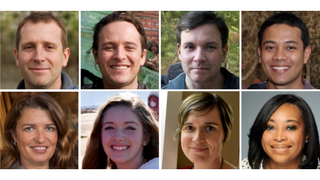
AI is getting better and better at generating faces — but you can train to spot the fakes
By Sophie Berdugo published
Even the most skilled face recognizers are duped by AI-generated faces, a new study finds. But they can improve with training.
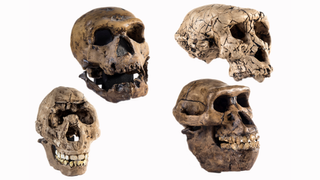
Scientists claim 'Lucy' may not be our direct ancestor after all, stoking fierce debate
By Sophie Berdugo published
Recent fossil finds could mean that "Lucy" wasn't our direct ancestor, some scientists say. Others strongly disagree.
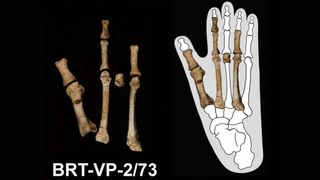
A fossilized foot found 15 years ago belonged to enigmatic human relative that lived alongside Lucy, scientists say
By Sophie Berdugo published
Freshly unearthed jaw bones and teeth that were found close to a previously discovered foot suggest human relatives tried several ways of walking before honing in on one strategy.
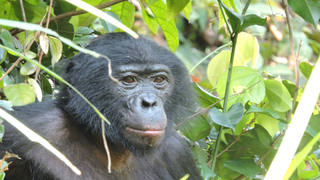
'A forest with bonobos has never been so quiet': Most extreme case of violence in 'hippie' species recorded, with females ganging up on male in unprecedented attack
By Sophie Berdugo published
Female bonobos routinely form coalitions to stamp out threats from males, but the level of violence in this attack was unprecedented.
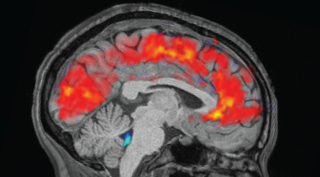
Study reveals why the brain 'zones out' when you're exhausted
By Sophie Berdugo published
Your sleep-deprived brain behaves as if you were about to nod off to sleep, even when you're awake.
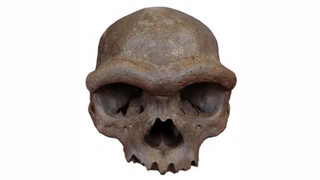
Prehistoric Jomon people in Japan had 'little to no' DNA from the mysterious Denisovans, study finds
By Sophie Berdugo published
The prehistoric Jomon people of Japan had "unexpectedly low" levels of DNA from the Denisovans, our mysterious human relatives.
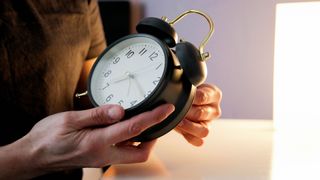
'DST just seems so pointless': Poll reveals most Live Science readers want to eliminate daylight saving time
By Sophie Berdugo published
Thousands of Live Science readers responded to our poll asking if they would get rid of daylight saving time.
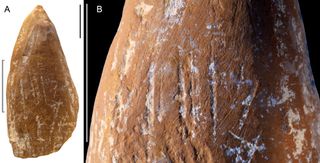
Crimean Stone Age 'crayons' were used by Neanderthals for symbolic drawings, study claims
By Sophie Berdugo published
Scientists have discovered Stone Age "crayons" in Crimea, hinting that Neanderthals may have used them for symbolic drawings or markings. But not everyone agrees.
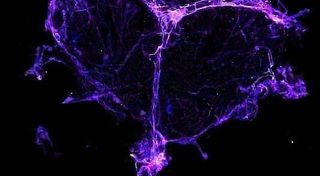
'Chemo brain' may stem from damage to the brain's drainage system
By Sophie Berdugo published
An early-stage study has found that a common chemotherapy drug disrupts lymphatic cells in the tissue surrounding the brain. This is linked to memory issues in mice.
Get the world’s most fascinating discoveries delivered straight to your inbox.
